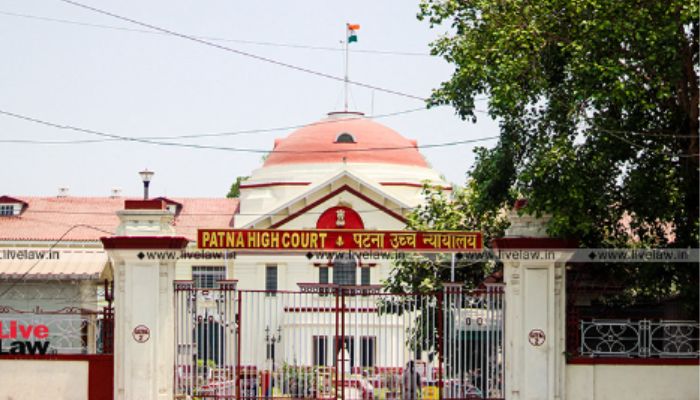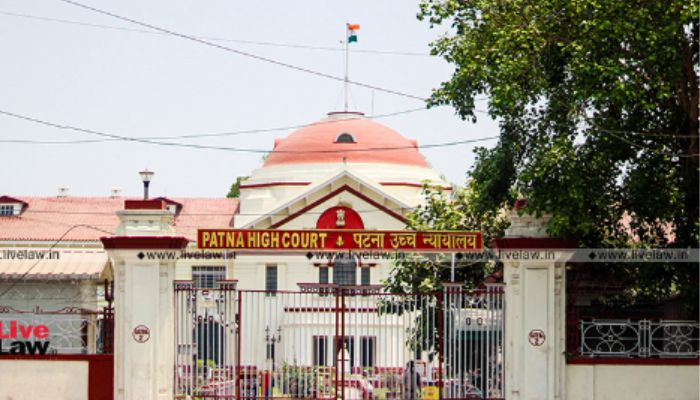In a landmark judgment, the Patna High Court has provided a significant reprieve for cooperative societies engaged in solid waste management. The recent ruling, centered on exemptions under the Bihar Goods and Services Tax Act (BGST Act), holds substantial implications for the taxation of activities related to waste disposal. This article delves into the details of the case, highlighting the court's decision and its potential impact on cooperative societies involved in solid waste management.
Background of the Case:
The case, Mahavir Sharmik and Nirman Swalambi Sahkari Samiti Limited vs. State of Bihar, revolves around the petitioner challenging an assessment order under the BGST Act. The dispute arose from a notice issued by Nagar Parishad, Jamalpur, quantifying tax and penalty for the Assessment Year 2019-20 based on deductions made under the Income Tax Act.

Petitioner’s Argument:
The cooperative society, acting as the petitioner, asserted that the proposed tax levy was unsustainable under the BGST Act. Their argument hinged on a specific notification exempting the removal of solid waste, contending that such activity did not qualify as a works contract under the Act.
Assessment and Appeals:
The petitioner's failure to respond to notices resulted in demand orders under the BGST Act. Despite filing an appeal citing a government notification providing exemption for municipal functions, the Appellate Authority dismissed the appeal, raising concerns about inconsistent decisions.
Legal Arguments:
The petitioner’s counsel contended that the tax levy was illegal, emphasizing that deductions made under the Income Tax Act should not trigger a tax under the indirect BGST Act. The court examined the work order issued to the petitioner and scrutinized exemptions granted by the Central Board of Indirect Taxes and Customs.
Exemptions and Definitions:
The court delved into specific exemptions provided in relevant periods, citing circulars and emphasizing the definition of "works contract" under the BGST Act. It underscored that there was no transfer of goods in the petitioner's solid waste management activities.
Judicial Decision:
Considering the presented facts, the court concluded that the petitioner's activity fell under exemptions provided by the BGST Act. The court directed the petitioner to produce details of tax deductions at source and evidence of consideration for solid waste disposal. The Assessing Officer was instructed to review the case and make decisions in accordance with the law.
The Patna High Court's decision in the Mahavir Sharmik case sets a crucial precedent for cooperative societies engaged in solid waste management. It clarifies exemptions available under the BGST Act and emphasizes the importance of consistent application of tax laws. This judgment provides relief to the petitioner and establishes a foundation for fair assessments based on the nature of the activity and relevant exemptions. Cooperative societies involved in similar activities can now navigate taxation with greater clarity, thanks to this significant legal development.


